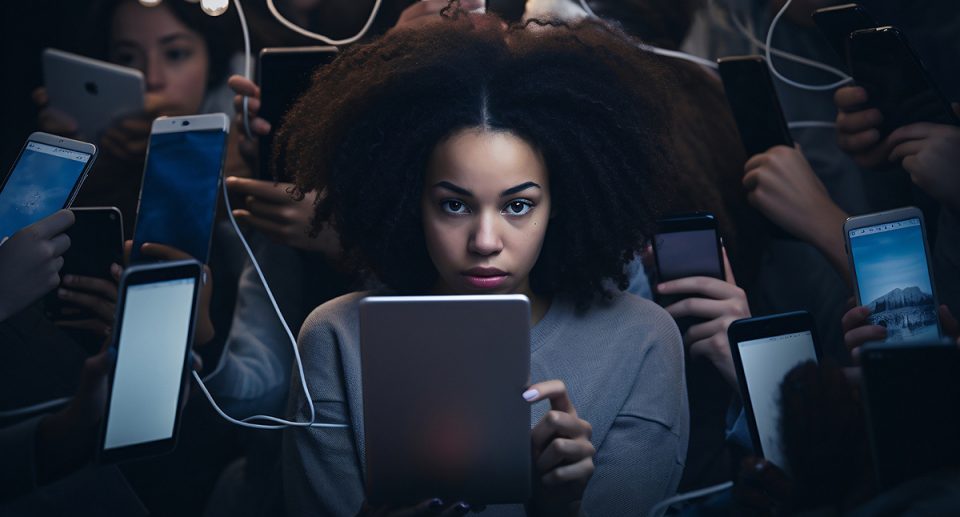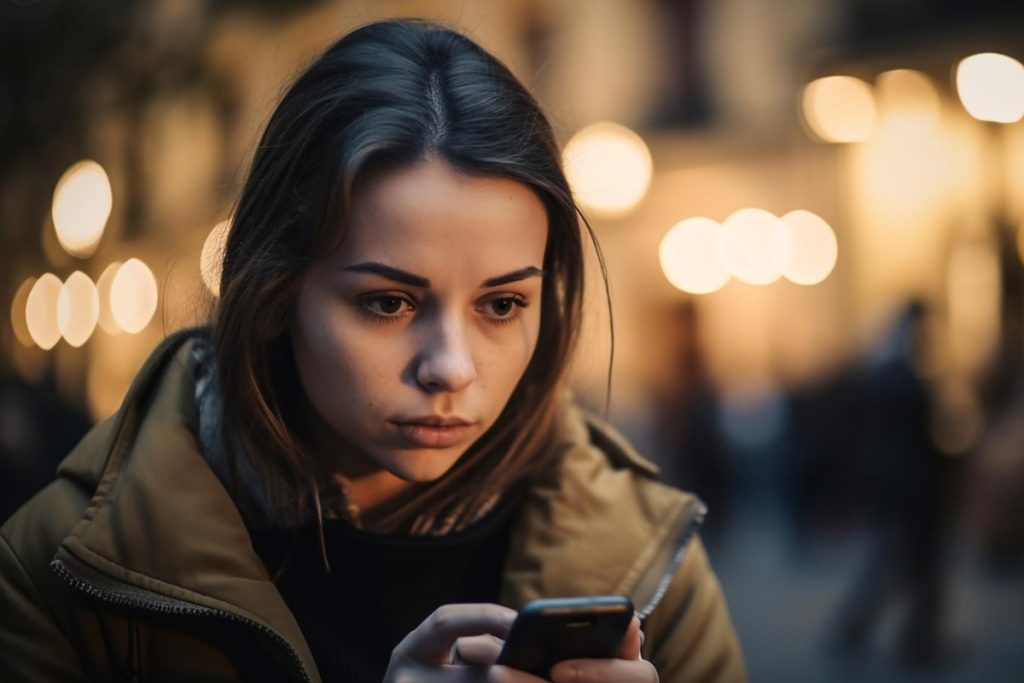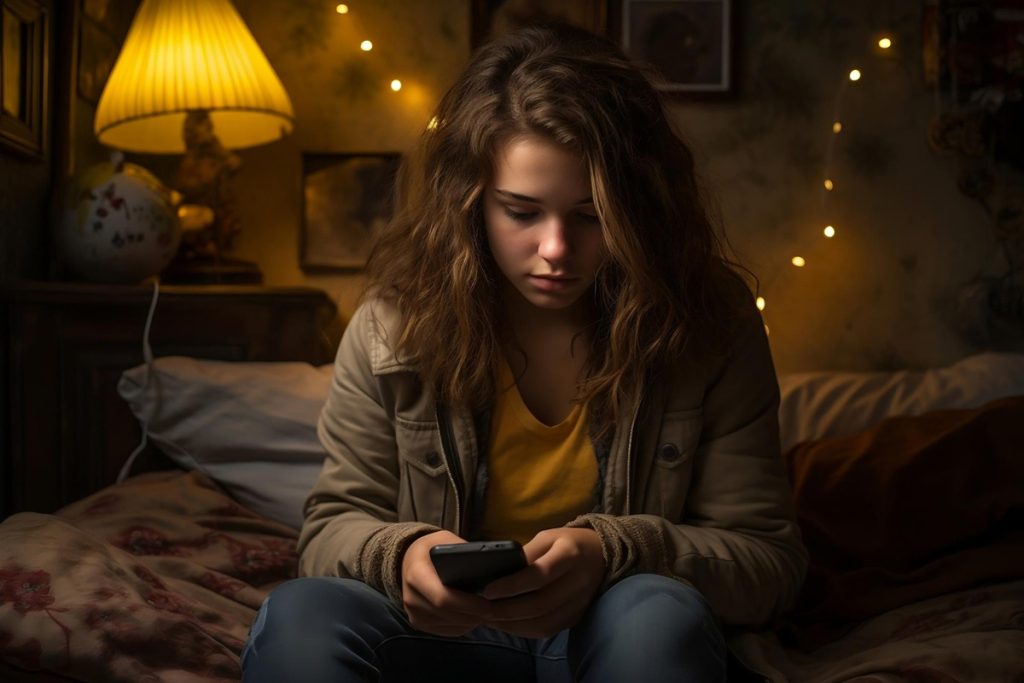The impact of social media, internet addiction, and phubbing on mental health

Researchers from Turkey and the United Kingdom have uncovered a intricate connection between mental health and social media usage. Their study, published in Psychological Reports, reveals that the detrimental impact of social media addiction on mental health is notably influenced by internet addiction and phubbing.
Past research in this domain has produced conflicting results, with some studies indicating a direct association between excessive social media use and mental health issues such as depression and anxiety, while others have found no substantial effects.
In an effort to address this inconsistency, Naif Ergun, Zafer Ozkan, and Mark Griffiths aimed to conduct a more nuanced examination of related behaviors. This included exploring internet addiction, characterized by compulsive internet use that disrupts daily life, and phubbing. Which is a relatively recent phenomenon where individuals prioritize their phones over face-to-face interactions.

Delve deeper into the potential connections between social media use and mental health
The study aimed to investigate the intricate connections between social media use and mental health, recognizing the heightened importance of such understanding in our digitally dominated lives.
To achieve this, the research not only examined direct correlations but also delved into the roles of internet addiction and phubbing in mediating these relationships.
The comprehensive study involved 603 university students in Turkey, comprising 451 females and 152 males with an average age of 22. Participants from 20 different cities across 30 universities answered questions about their social media habits, internet use, and experiences of phubbing.
Additionally, they completed assessments measuring mental health indicators such as stress, anxiety, and depression, providing insight into the intricate interplay between these factors.

The social media addiction link to a poorer mental health
The findings of the study indicated that although there is a connection between social media addiction and poorer mental health, this link is notably shaped by additional factors. To be specific, internet addiction was identified as a complete mediator in the relationship between social media addiction and depression.
Similarly, both internet addiction and phubbing acted as mediators in the connection between social media addiction and anxiety and stress.
In simpler terms, individuals with a higher social media addiction tendency were more prone to displaying internet addiction and phubbing behaviors. Consequently, these behaviors were associated with elevated levels of depression, anxiety, and stress.

Insights into the complex web of relationships between digital behaviors and mental health
These results provide a fresh outlook on the indirect impacts of social media addiction on mental health, mediated by internet addiction and phubbing. Nevertheless, it is essential to acknowledge the cross-sectional design of the study, which emphasizes correlations but falls short of conclusively establishing causation.
The concentration on a particular demographic restricts the applicability of the findings to diverse age groups or cultural settings, and the reliance on self-reported data introduces the potential for bias. Despite these constraints, the study offers valuable insights into the intricate connections between digital behaviors and mental health.

The impact of social media, internet addiction, and phubbing on mental health conclusion
The researchers concluded that the current study adds innovative insights to the literature by highlighting the significant roles played by internet addiction and phubbing in elucidating the connection between social media addiction and compromised mental health. Practitioners are encouraged to heighten awareness of the impact of technology-based behaviors.
During their professional activities, practitioners can provide psychoeducation. Importantly, psychiatrists and clinical psychologists should factor in the influence of technology-based behaviors on mental health during the diagnosis and treatment processes.
The findings from this study may also contribute to the development of effective intervention strategies by emphasizing the importance of internet addiction as a variable in other problematic uses of technology.




















